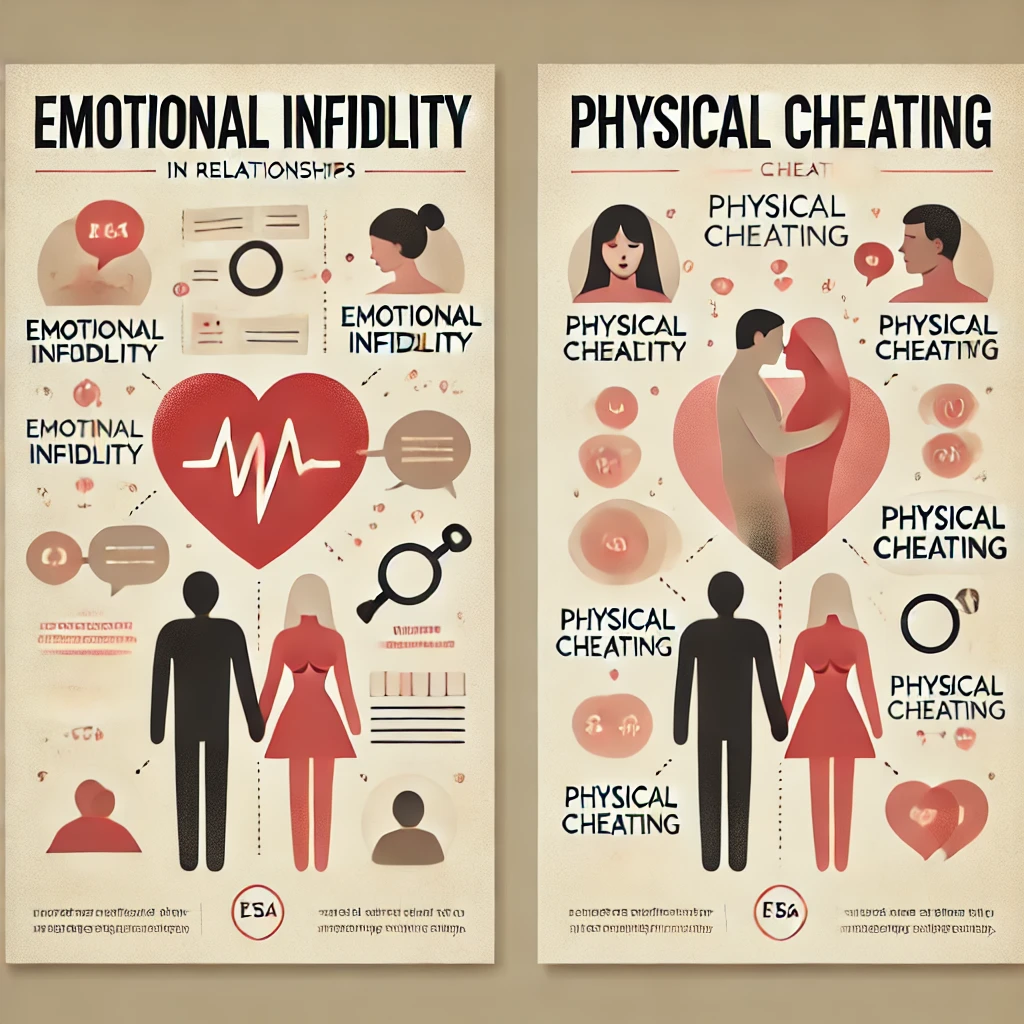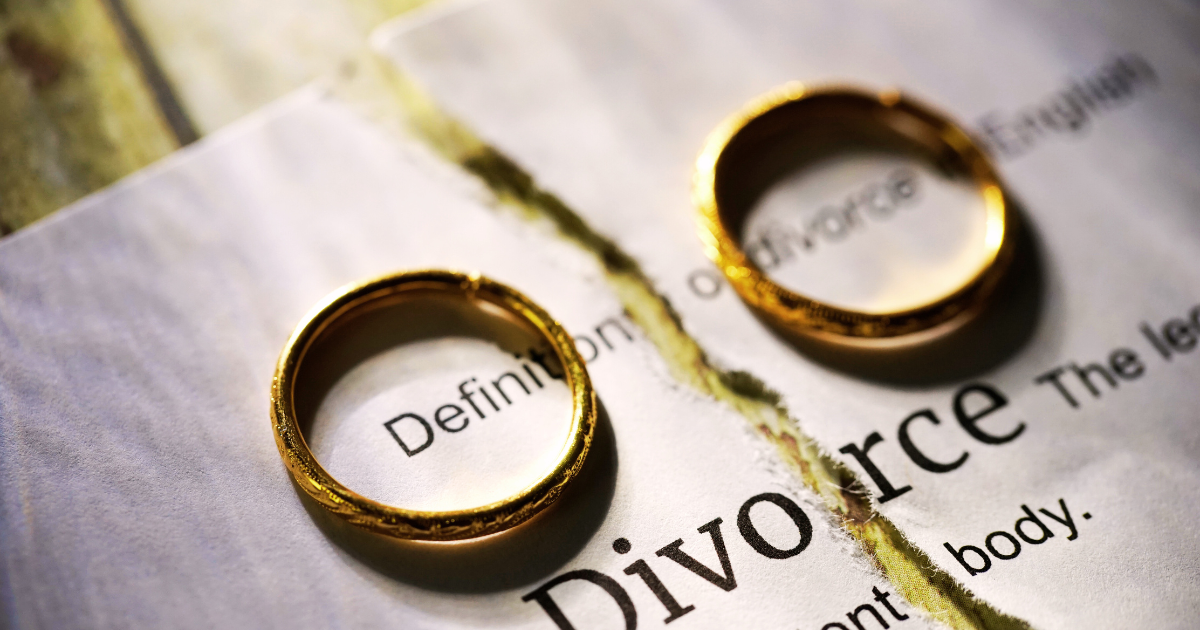Exploring Why Married Men and Women Cheat?

Infidelity is a complex issue that affects many marriages. Studies have shown that both men and women cheat, but the reasons and frequency can differ significantly between genders. Men often cite reasons such as lack of sexual satisfaction and excitement, while women may cheat due to emotional dissatisfaction and a desire for intimacy. Interestingly, the gender gap varies across different age groups, with younger women potentially cheating more than younger men, but this trend reverses in older age groups.
Demographics of Infidelity
Infidelity affects people of all ages, backgrounds, and demographics. However, research suggests that certain groups are more likely to engage in infidelity than others. According to a study, approximately 20% of married men and 13% of married women reported having sex with someone other than their spouse while still married. This statistic highlights a notable gender gap, but it’s important to understand how this gap varies across different age groups.
Interestingly, the gender gap in cheating varies by age. Among ever-married adults aged 18 to 29, women are more likely to cheat than men. However, this trend reverses as people age. Men are more likely to cheat among those aged 30 to 34 and older. Infidelity rates tend to increase during the middle ages, with women in their 60s reporting the highest rate of infidelity at 16%, while men in their 70s report the highest rate at 26%.
The gender gap in cheating peaks among the oldest age group (ages 80+), with a difference of 18 percentage points between men and women. These statistics reveal that infidelity is a complex issue influenced by various factors, including age and gender.
Emotional and Physical Infidelity Explained
Infidelity is a topic that stirs strong emotions, especially when it happens within a committed relationship. Studies on sexual behavior highlight how past infidelity influences future relationships and emphasize how societal factors such as age, gender, and race correlate with patterns of extramarital sexual behavior. Many people wonder, “Why do men cheat? Why do women cheat?” The answers aren’t always simple. Both emotional infidelity and physical cheating can shake a relationship to its core. In this blog post, we’ll dive deep into the reasons behind emotional affairs and extramarital sex, while exploring what the research says about infidelity rates among married men and married women.
Infidelity Statistics:
How Likely Are Married People to Cheat?

When it comes to infidelity, numbers tell part of the story. According to the General Social Survey (GSS), approximately 20% of married people admit to cheating on their spouse at some point. While these numbers may seem alarming, the reasons behind these actions are what’s truly fascinating .
Interestingly, married men are more likely to report engaging in extramarital sex than married women. However, the gap isn’t as wide as many assume. In fact, according to a study by the Kinsey Institute, the infidelity rates for both genders have been converging over time . This shift may be due to changes in social norms and expectations of men and women in relationships.
Emotional Infidelity vs. Sexual Cheating:
Which Affects Married Couples More?

When we talk about infidelity, most people immediately think of extramarital sex. But emotional cheating—the act of forming a deep emotional connection with someone outside your relationship—can be just as damaging. According to Psychology Today, emotional infidelity can often hurt more than physical cheating because it involves giving your emotional energy and attention to someone else .

Why is that? Emotional cheating often involves sharing intimate thoughts, feelings, and experiences with someone else, creating a deep bond that might rival or even surpass the connection with their spouse. This can leave the partner feeling replaced or less important, which can be devastating for the relationship.
Many married adults feel more hurt by an emotional affair than by a purely physical one . The Kinsey Institute reports that emotional dissatisfaction is often at the heart of emotional cheating, as individuals seek validation and connection outside of their primary relationship .
Once a Cheater, Always a Cheater?
The Truth About Emotional Affairs

You’ve probably heard the phrase, “Once a cheater, always a cheater.” But is this really true? Research from the Kinsey Institute shows that while some people may have a pattern of cheating, it isn’t a guarantee that all cheaters will cheat again . Many factors influ
ence whether someone is likely to cheat again, including whether they’ve addressed the underlying issues that led to infidelity in the first place.
Emotional affairs can be particularly tricky because they often feel “less serious” to the person involved. They might not recognize how much damage these relationships can do. However, if the emotional connection deepens or turns physical, it can lead to the breakdown of the committed relationship .
Exploring Extramarital Affairs:

Why do married men cheat? According to Esther Perel in her book The State of Affairs, some men cheat for physical satisfaction, while others seek emotional validation . Cheating often stems from a desire to escape the routine of marriage or to feel more desired.
In studies by the General Social Survey, men who are economically dependent on their partners were more likely to engage in infidelity. This finding contradicts the stereotype that only powerful, successful men cheat. Pew Research supports this, noting that infidelity can happen in any socioeconomic situation .
Extramarital sex can have a damaging effect on the primary relationship. Once trust is broken, many couples struggle to repair the emotional rift, even with professional help .
The Gender Gap in Cheating:
How Men and Women Differ in Infidelity

While men cheat more frequently than women, the gap isn’t as large as you might think. Recent research from the General Social Survey suggests that the gender gap in infidelity is shrinking. Women admitted to engaging in emotional affairs at a higher rate than men, particularly in certain age groups. Women cheat for various reasons, but emotional dissatisfaction is often the leading factor.
Many women reported that they cheat because they feel undervalued or emotionally neglected by their partners. They may seek out emotional connection and intimacy with someone else, which can then lead to physical cheating. Meanwhile, men often cheat for reasons related to sexual desire or boredom.
Interestingly, age also plays a role in infidelity. According to Pew Research, older men are more likely to cheat than older women, but younger peers tend to have similar cheating rates between genders. As marriages evolve and societal norms shift, we may continue to see these trends change.
Age Groups Most Likely to Cheat:
What Infidelity Studies Reveal

Cheating isn’t limited to any specific age group. However, research from the General Social Survey shows that people in their 30s and 40s are more likely to engage in infidelity. This may be due to factors like being in the middle of long-term relationships, managing career stress, or emotional drift in marriages .
For younger people, cheating often stems from curiosity, excitement, or a desire for new experiences. On the other hand, older men might cheat due to feelings of unfulfillment or as a response to a mid-life crisis .
Why Emotional Cheating Can Be Just as Devastating as a Physical Affair

Many people underestimate the impact of emotional infidelity. While extramarital sex might seem like the ultimate betrayal, emotional affairs can actually hurt more. Esther Perel argues that emotional cheating involves giving a part of oneself that is typically reserved for a partner, making it feel deeply personal .
Many married couples who experience emotional infidelity report feeling just as betrayed as if it were a physical affair. Emotional cheating can erode trust and intimacy in a relationship, leading to feelings of insecurity, jealousy, and abandonment .
Addressing emotional cheating requires deep communication between partners. Couples need to rebuild trust, create new emotional connections, and sometimes seek professional help to heal the wounds caused by emotional betrayal .
Infidelity in the Digital Age:
How Tinder and Ashley Madison Fuel Affairs

In today’s world, infidelity has gone digital. Apps like Tinder and Ashley Madison have made it easier than ever for people to engage in extramarital affairs. According to Pew Research, these platforms allow users to connect quickly and discreetly, often contributing to an increase in cheating .
While these apps have fueled the rise in infidelity, they aren’t the only reason people cheat. Emotional dissatisfaction, lack of attention, and unmet needs in a relationship are often at the root .
Consequences of Cheating
Impact on Relationships

Cheating can lead to the breakdown of trust, intimacy, and communication in a relationship. When a partner discovers infidelity, it often causes feelings of betrayal, anger, and hurt, which can be challenging to overcome. The emotional fallout from infidelity can be devastating, leading to a significant strain on the relationship.
In some cases, cheating can lead to the end of a relationship or marriage. The breach of trust may be too significant for some couples to repair, resulting in separation or divorce. The impact of infidelity extends beyond the couple, affecting children and extended family members as well.
Healing After Infidelity
Healing after infidelity requires effort, commitment, and communication from both partners. It’s a challenging process, but with the right approach, couples can work through the issues and rebuild trust. Couples therapy can be an effective way to address the underlying problems and facilitate open, honest communication.
Individuals who have been cheated on may need to focus on self-care, self-reflection, and healing before deciding whether to continue the relationship. It’s essential to address the emotional wounds and rebuild self-esteem. Both partners must be willing to put in the effort to heal and move forward.
Prevention and Healing

Preventing infidelity and healing after it occurs require a combination of individual and relationship efforts. Some strategies for prevention and healing include:
- Practicing Open and Honest Communication: Regularly discussing feelings, needs, and concerns can help prevent misunderstandings and build a stronger connection.
- Building and Maintaining Trust: Transparency and vulnerability are crucial in maintaining trust. Being open about one’s actions and intentions can prevent suspicions and insecurities.
- Addressing Underlying Issues: Many instances of infidelity stem from unresolved conflicts or unmet needs. Addressing these issues head-on can prevent them from escalating.
- Focusing on Emotional Intimacy: Strengthening the emotional bond between partners can reduce the likelihood of seeking connection elsewhere. Spending quality time together and sharing experiences can enhance intimacy.
- Seeking Professional Help: Couples therapy can provide a safe space to explore issues and develop strategies for improvement. A professional can offer guidance and support in rebuilding the relationship.
- Engaging in Self-Reflection and Self-Care: Both partners should take time to reflect on their own needs and behaviors. Self-care practices can help individuals maintain emotional well-being and contribute positively to the relationship.
By understanding the demographics of infidelity, the consequences of cheating, and strategies for prevention and healing, individuals and couples can work towards building stronger, healthier relationships.
Conclusion
Cheating is a complex issue, influenced by factors like age, emotional dissatisfaction, and relationship dynamics. Whether it’s emotional cheating or extramarital sex, infidelity can deeply impact a relationship. By understanding the reasons behind infidelity and addressing the underlying issues, couples can work toward healing and rebuilding trust—or make the difficult decision to part ways.
Additional Resources
For further reading, explore the General Social Survey (GSS), the Kinsey Institute‘s research on relationships (Kinsey Institute), and Esther Perel‘s book, The State of Affairs (Esther Perel). Additionally, visit Pew Research Center for insights on marriage and infidelity (Pew Research) and Psychology Today for advice on emotional affairs (Psychology Today).




